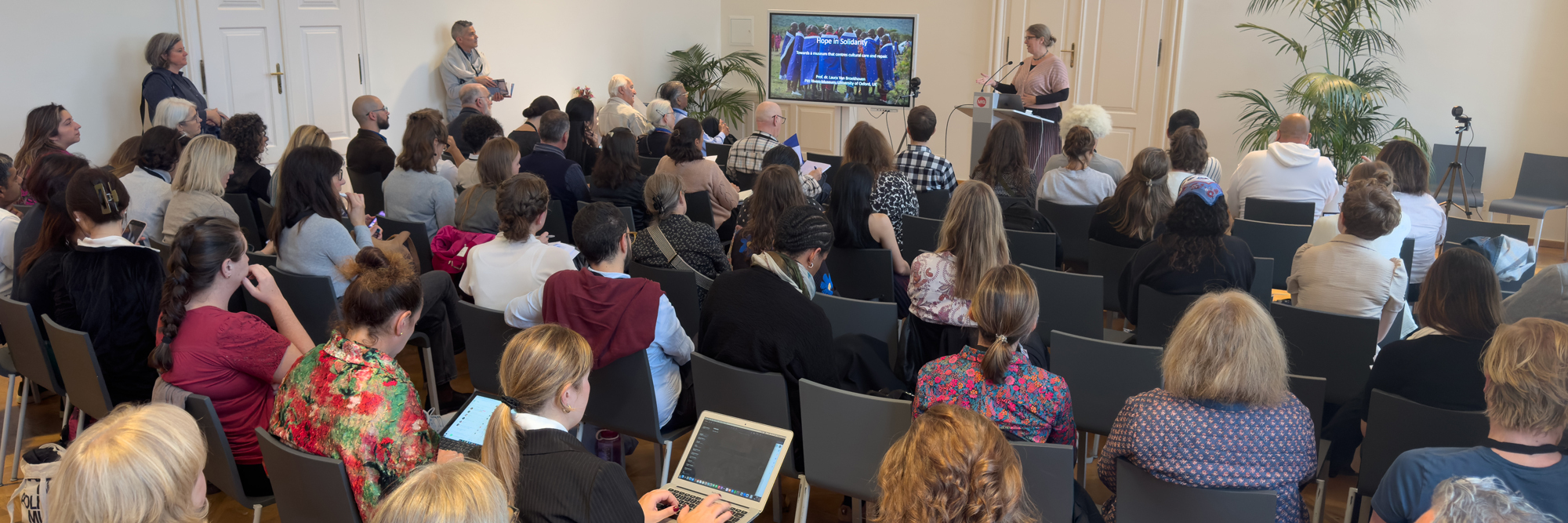Interdisciplinary perspectives on visitors, collections, and knowledge.
The Network’s themes emphasize the social, ethical, and technological complexities of inclusive museum work.


Our thematic architecture spans three interlinked domains. First, Visitors considers diversity, participation, trust, learning, and the museum’s civic role. Second, Collections asks how we curate, conserve, and contextualize artifacts and intangible heritage amid shifting notions of authenticity, technology, and resources. Third, Representations explores museums as knowledge makers and cultural storytellers, navigating intellectual property, digitization, virtual access, and the rhetorics through which institutions claim neutrality or take positions. Together these themes form a continuum connecting people, objects, and meaning—linking local contexts to global networks.
On the relation of museum to its communities of users.
On the practices and processes of collecting and curating.
On museums as repositories and communicators of culture and knowledge.